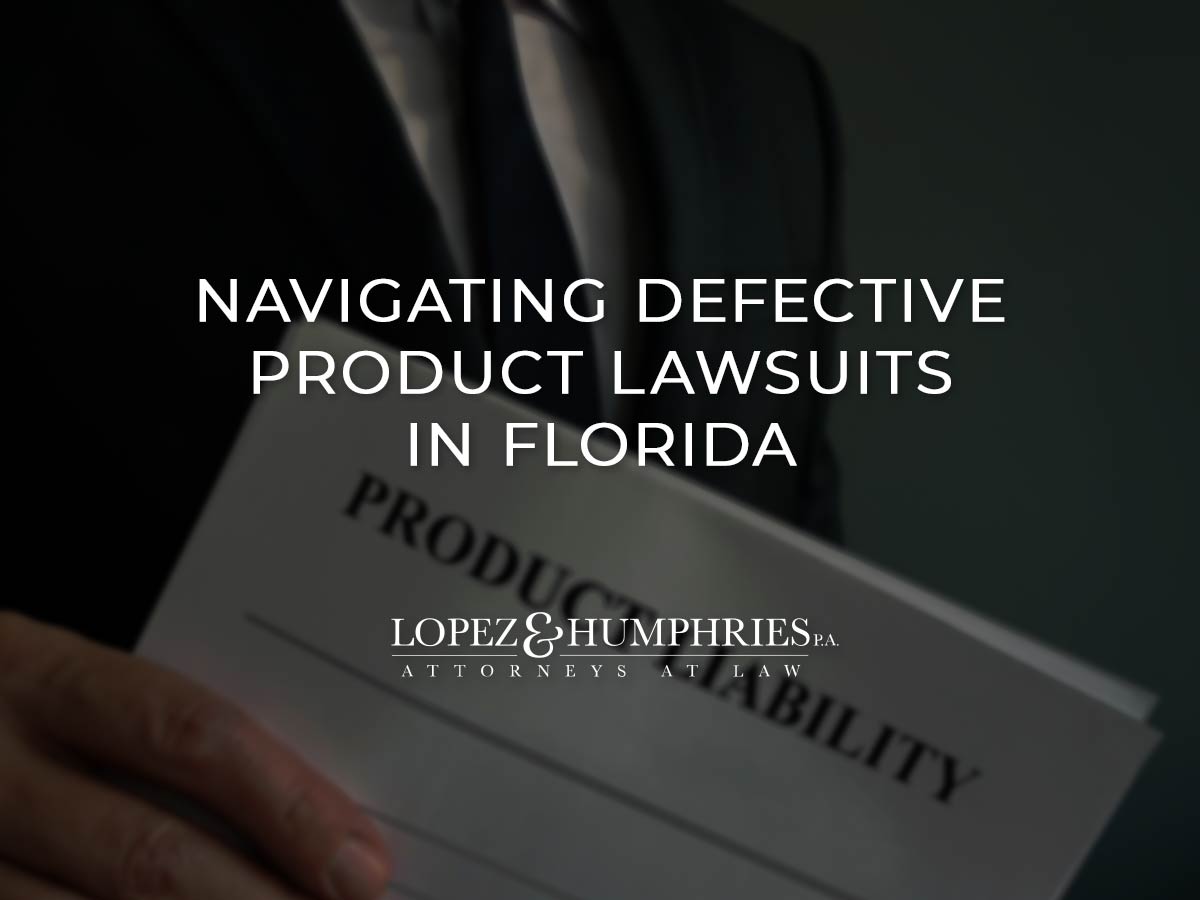Florida House Bill 837 has reshaped the face of personal injury law in the Sunshine State. This bill carries implications for those seeking legal recourse after an accident. For personal injury clients and law firms alike, understanding the nuances of this bill is important.
What is the Florida Tort Reform Act 2023?
The Florida Tort Reform Act 2023, also known as HB-837, is a piece of legislation aimed at reforming the state’s tort laws. Its purpose is to address concerns about damages awarded in certain cases and rising insurance costs. One of the most notable changes is the reduction of the time to file a suit.
The new law gives most victims two years from the date of an injury or accident to bring a lawsuit.
Here are Some Changes Made by Florida HB 837:
Comparative Fault
In the past, plaintiffs could recover damages even if they were partially at fault in an accident. Under the new law, if a plaintiff is found to be 51% or more at fault, they will be unable to recover any damages. Medical malpractice claims are an exception to this rule.
Negligent Security and Premises Liability Cases
In cases where someone was injured because of poor security, the focus was usually on the injured person and the property owner. But now, the new law introduces a method called comparative negligence analysis. This means the responsibility for the injury might not only be on the property owner. Instead, it could also be on someone who purposely caused harm.
Insurance and Comparative Bad Faith
Whenever it is reasonably possible, insurers have a duty of good faith to settle claims that are within policy limits.
However, HB-837 introduces comparative bad faith adjustments, which may lower the accountability of insurers to conduct good faith settlements. Insurers may now shift the focus away from their responsibilities and point to the conduct of the victim or victim’s attorney.
The deadline for insurance companies to respond to a settlement offer is now 90 days instead of 30 and must be accompanied by “sufficient evidence” to support the amount requested.
Medical Bills and Damages
The reform may have significant impacts on the recovery of medical bills and damages. HB-837 now places limitations on agreements made with a doctor to pay medical bills based on the outcome of the lawsuit.
How Lopez & Humphries Can Assist
Having experienced legal representation becomes more crucial than ever with this new legislation. Lopez & Humphries is adept at navigating these new legal waters. Their expertise in negotiating settlements, assembling evidence, and representing clients’ interests in court is invaluable. Remember, the right legal counsel can make a significant difference in the journey toward justice and recovery. Call us today to schedule your free consultation so we can discuss your specific issue.










